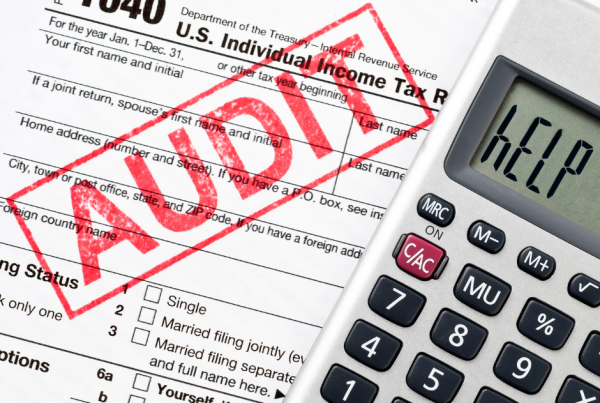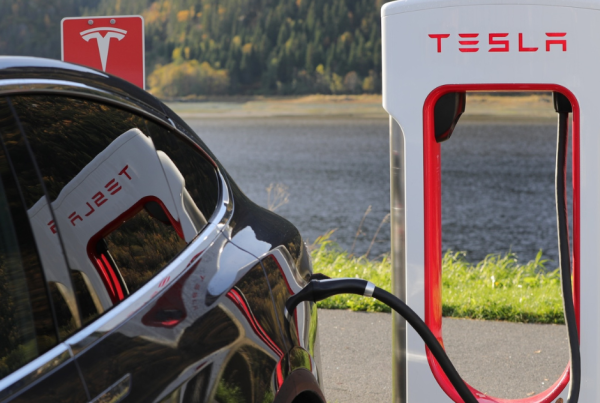
The policies on the electric vehicle tax have been modified to promote the use of more eco-friendly options.
The Inflation Reduction Act of 2022 is one of the most ambitious pieces of climate legislation in the history of the United States. This aims to make electric vehicles more attainable in the long run.
What is Vehicle Energy Credit?
The vehicle energy credit or the EV Credit is a non-refundable tax credit offered to taxpayers who buy qualifying plug-in electric vehicles. Currently, the credit is $7,500 the change is what the qualifying vehicle is.
What Vehicles Qualify for EV Credit?
There are multiple requirements an electric vehicle must meet in order to qualify for EV credit. There is the Battery Component Rule and the Critical Mineral Requirement. Both are fairly confusing and complicated. You can check this link on the IRS website for specific information on this and qualifying vehicles.
The third requirement is the final assembly includes the following:
- The final assembly of the vehicle must take place in North America
- The final assembly must take place there for all electric vehicles manufactured after August 16, 2022. This disqualified several electric vehicle makers like Toyota since they do not have any factories in North America.
Another requirement is the Manufacturer’s Sales Price. There is now a sales price limit on vehicles. This means if you purchase an electric vehicle if it is a sedan or a four-door vehicle the max it would cost is $55,000. If it is a van, SUV, or a pick-up truck, the maximum is at $80,000. This basically means that there is a cap on the income or a limit on the vehicle itself based on the manufacturer’s Suggested Retail Price or MSRP.
What Other Changes are Involved?
On top of the changes in what cars qualify, there will be an income limit. The income limit for married filing or jointly, meaning your modified adjusted gross income cannot exceed $300,000. If you are the head of the family, it is at $225,000, and $150,000 if you are single. If you go over those limits, you either reduce the credit or won’t be qualified for the credit at all.
Another change for our benefit is the Manufacturer Sale Threshold. Back then, when Tesla, Toyota, and Kia sold more than a certain number of vehicles, they no longer qualify for the credit. For 2023, they have removed these thresholds. Back then if you purchase a Tesla in 2022, it no longer qualified. Starting in 2023, as long as the Tesla meets the other requirements they could qualify again for the EV tax credit for up to $7,500.
In addition, another change is that used vehicles also qualify. However, they qualify for a small tax credit. It could either be $4,000 or up to 30% of the price depending on whichever is less. The catch is, these vehicles must be purchased from a dealer and meet the requirements the IRS has in place.
Bonus Content: Energy Credits in 2023
30% credit for solar energy installation have been increased from previous years. Back in 2022, this was at 22% and it was going to go lower every year until it was eventually phased out in 2025. However, things have changed by adding solar power, and battery storage to your home starting in 2022 you will have access to 30% of the total cost to have them installed.
This has also changed your energy efficient improvement credit for your home. If you are adding insulation, changing windows, adding doors, installing air conditioning units, placing in a boiler furnace, heat pumps, or anything similar, you can qualify for credit. It is now an annual credit and not a lifetime credit.
Reach out to us if you’d like to learn a little more about how you can get credits for going green. On top of that, you will also be given the credit of $150 if you want to do a home energy audit.





One Comment